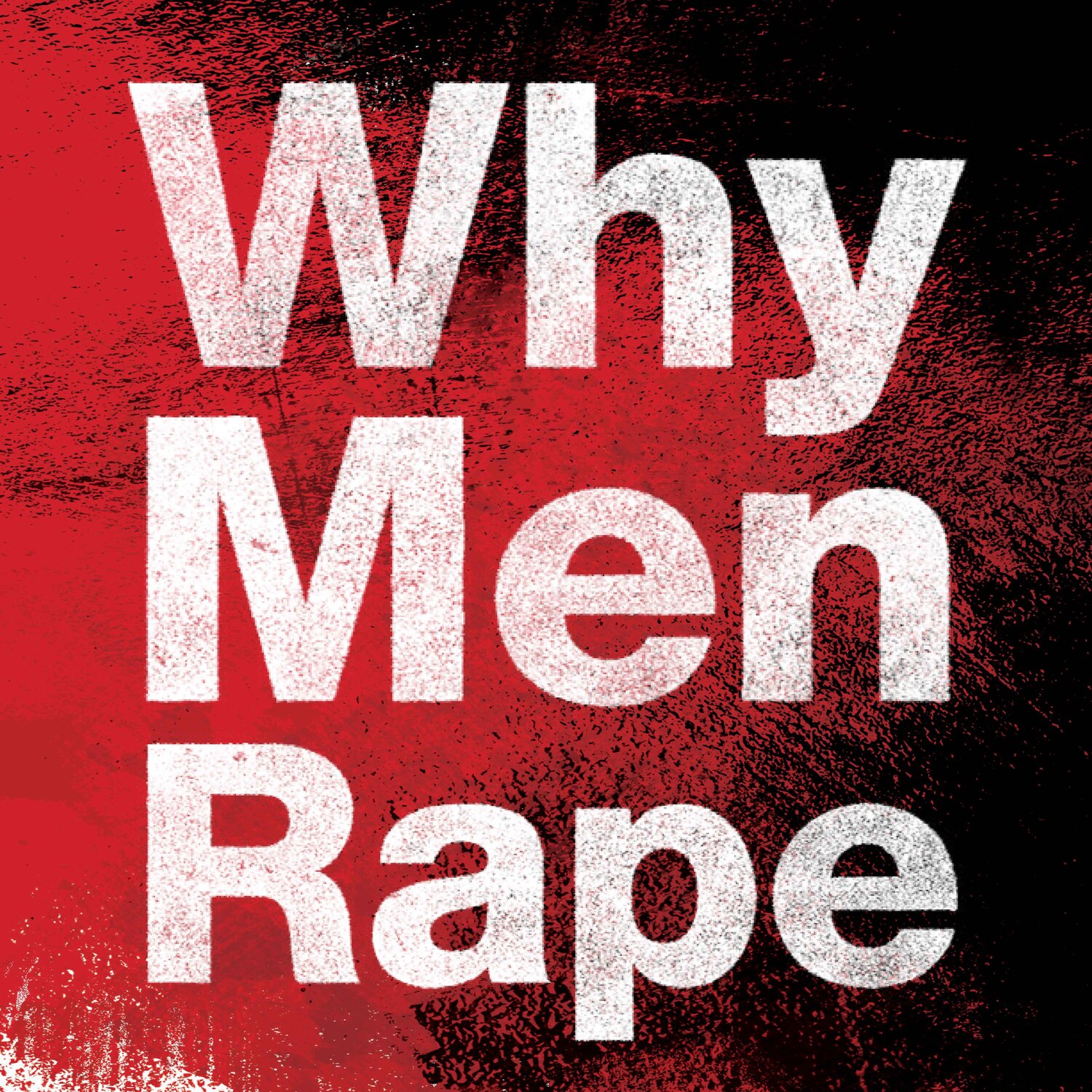At United Against Sexual Violence, we introduce you to allies who use their privileged positions to help create a fair, free world. Madame Gandhi, musician and activist, speaks to Tara* Kaushal about what we deserve when we are bleeding
"There are a hundred mobile phone options, but even though half of the world bleeds and has been for centuries, the product design and innovation involved are limited, insulting and baffling." In 2015, a woman of Indian origin ran the London marathon on the first day of her period—free bleeding. Kiran Gandhi, known by her stage name Madame Gandhi (she is a musician), is a woman of many colours—drummer, feminist, activist. That woman who bled through the marathon, because she realised that limitations placed on her by society had very little to do with what she could achieve.. “We do not have a comfortable vocabulary to speak about it—education is missing and myths fill the gap,” she has once said of menstruation, knowing fully well the power of her platform better than anyone. And she isn’t about to stop. Here, she talks to Pass the Mic about erasing stigma around menstruation and embracing autonomy—two goals which stretch across her works as musician and activist.
T*K: Is big pharma riding the coattails of the menstruation awareness campaign? Is that what the tax-free movement on sanitary napkins is all about?
KG: That is a really interesting question. I often think that if we are living in this capitalist patriarchy. But if we can make the feminist agenda align with the capitalist agenda, at least we can make some positive change. If something that is benefitting women also happens to benefit big pharma, in the short term, we should make use of that big engine behind us and moving in the same direction, because it can help us. Obviously, that’s a dangerous game since most capitalist organisations exploit women’s bodies for profit. It’s ridiculous that we need to pay so much to exist and live comfortably in society. We don’t have enough women in office right now to advocate that we absolutely require these products for menstrual health and hygiene.
Gandhi freebleeds at the London Marathon, via People
T*K: What are the alternatives to synthetic sanitary napkins?
KG: I think an interesting alternative to pads right now are organic cotton pads, they are good and bio-degradable. They are being made in India, by this company called Aakar, the first natural, compostable sanitary napkin. Awareness is pushing more companies to develop these products. When we use non-biodegradable products, we are only putting plastic and chemical into our bodies. Unfortunately, organic pads, much like other organic products (food and health), are sold at extremely high prices in developed nations. It is treated as a luxury item, and the reversal of that is what we should be focussing on—how can we make something clean and sustainable, as well as affordable? I want this model for everyone. I have also heard of period-proof underwear, and I think that’s a great option for women with access to running water. The menstrual cup has been another great product which is reusable and eco-friendly. And while we discuss products, we need to realise that not all people who menstruate are women, and not all women menstruate.
T*K: Does the push for sanitary napkins devalue traditional systems of menstrual hygiene, such as cloth, wood shaving and ash?
KG: I want every person who bleeds to be able to have the choice to select what is comfortable for them, but I also believe they need to have access and feel like they have that choice. When you feel like you don’t have a voice is when you are oppressed, and you need to be able to choose freely for your body especially when taboo and stigma are so deep-rooted. What we are fighting here is:
a. Replacing the stigma with education so that no person feels silenced with regard to normal, healthy bodily processes; and
b. Access—how we can make sure that every person who menstruates has access to dignity, hygiene and comfort, is able to take care of themselves, and be as productive as they wish to. Today when I go to buy a mobile phone, there are at least a hundred options! Yet, half of the world bleeds and has been for centuries, but the product design and innovation involved are limited, insulting and baffling. I would never advocate one product over another, but I will always emphasise on de-stigmatising menstruation. In the end, all people should feel free from any kind of societal oppression.
Know an ally working actively to make a difference? Witness to a heroic act that deserves recognition? Send us a lead at contact@whyindianmenrape.com.


